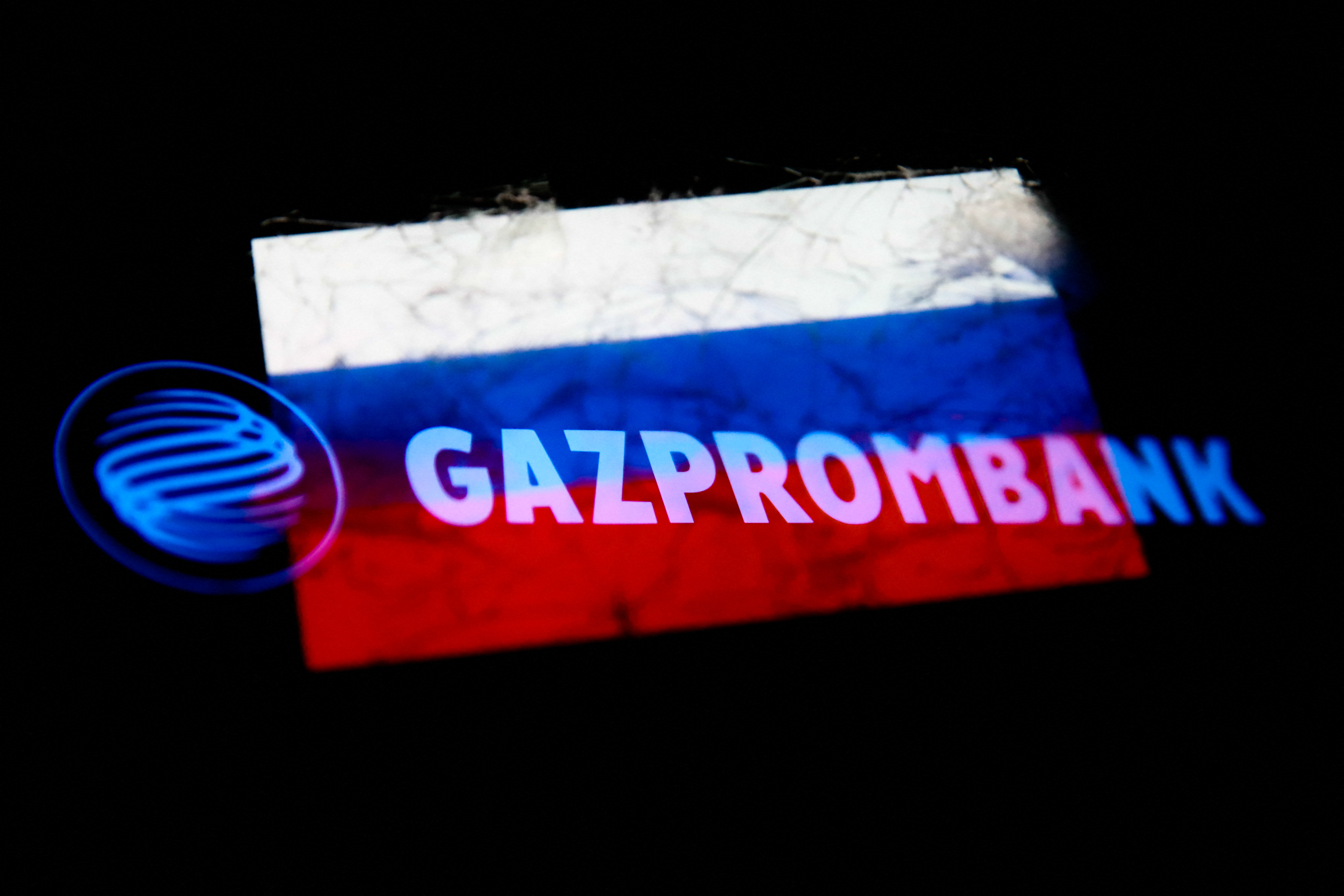The announcement was made on Monday in a statement concerning the Cabinet meeting on Friday, 8 December.
“Cabinet endorsed PetroSA’s recommendation to select Gazprombank Africa as the investment partner for the reinstatement of the plant and production. Cabinet noted that this selection of Gazprombank is still dependent on the Final Investment Decision that will be informed by a joint bankable business case,” the statement said.
Gazprombank, Russia’s third-largest lender by assets and the de facto financial arm of Russia’s state-owned gas company Gazprom, was hit by US sanctions in the wake of Russia’s invasion of Ukraine almost two years ago.
The sanctions are not as biting as those applied to other banks, and Gazprombank is still allowed to transact in dollars and retains access to the international SWIFT bank messaging system, not least because of European reliance on Russian gas.
Read more: Too big to sanction? A large Russian bank still operates freely because it helps Europe get Russian gas
“These sanctions are not applicable to South Africa,” Sesakho Magadla, PetroSA’s acting chief operations officer, was quoted by Reuters as saying at a media briefing on Monday.
Read more: South Africa picks Russia’s Gazprombank as PetroSA refinery partner | Reuters
The push by state-owned enterprise PetroSA to have Gazprombank selected as the investment partner to reboot the refinery in Mossel Bay has been controversial, to say the least, and is another indication that the ANC government is being drawn into the geopolitical orbit of a Russian state that is widely regarded as corrupt, authoritarian and at loggerheads with the West.
The saga has been scrutinised in detail by amaBhungane, which last month reported that the bidding process was heavily slanted in Gazprombank’s favour.
Read more in Daily Maverick: PetroSA pushes for R3.7-billion deal with Russia’s Gazprombank
“Twenty companies submitted bids, but the unusually strict technical criteria meant that 19 of the 20 were eliminated, leaving Gazprombank’s local subsidiary, GPB Africa & Middle East, as the only qualifying bid,” amaBhungane reported.
It also said that leaked documents indicated that red flags about this choice were raised by the PetroSA bid evaluation committee and board. Yet it pushed ahead with the deal.
The 45,000 barrels-per-day Mossel Bay plant has been closed since December 2020 when it ran out of feedstock, and there are concerns about the security of fuel supply in Africa’s most industrialised economy after the closure of the Sapref and Enref refineries.
South Africa has a disheartening knack for running low on crucial things. Power and water immediately spring to mind.
PetroSA’s current business model effectively revolves around the purchase of imported diesel for resale to Eskom, so rebuilding its refining capacity is seen as crucial.
But striking deals with sanctioned Russian banks will be regarded with suspicion, given Russia’s corrupt reputation – not to mention that of the ANC – and the way the bid was handled.
Gazprombank, not famed for its transparency, will share in the profits from the refinery, and where some of those get channelled is a fair question to ask, under the circumstances.
The South African Reserve Bank warned in May that perceptions that South Africa’s “neutral” stance on the Russia-Ukraine conflict is a Potemkin one could have devastating consequences for the country’s financial stability if secondary sanctions were imposed as a result.
Read more in Daily Maverick: Reserve Bank warns of a shock to the system over SA’s ‘neutral’ Russia-Ukraine stance
Given the stakes involved, it seems PetroSA and the government are playing a high-stakes game of Russian roulette. DM
Business Maverick
Cabinet signs off on controversial R3.7bn Gazprombank deal to reboot Mossel Bay refinery





